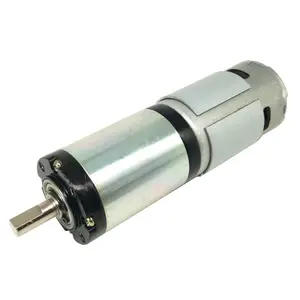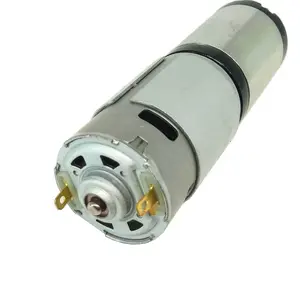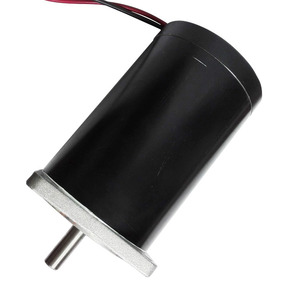Introduction to Electromechanical Motors
Electromechanical motors are pivotal devices that convert electrical energy into mechanical energy, playing a crucial role in a multitude of applications across various industries. These motors operate using electromagnetic principles and are imperative for driving machinery, tools, and even vehicles. By enduring precise control and efficiency, electromechanical motors make automation and motion control both feasible and effective.
Types of Electromechanical Motors
- AC Motors:
- Synchronous Motors: These motors operate at synchronous speed and are commonly used in applications requiring high precision.
- Induction Motors: Widely utilized in industrial settings, they are known for their robustness and simplicity.
- DC Motors:
- Brushed Motors: Simple to control and operate, these are commonly found in household appliances.
- Brushless Motors: More efficient and offering high longevity, they are used in advanced applications, including high-performance electric vehicles.
- Stepper Motors: Operating in discrete step sizes, they are ideal for precise positioning applications, such as CNC machines.
- Servo Motors: Known for offering high torque at various speeds, they are vital in robotics and automation systems.
Function and Features of Electromechanical Motors
- High Efficiency:
- Minimizes energy waste, leading to cost-effective operation.
- Reduces heat production, enhancing longevity.
- Versatile Speed Control:
- Enables precise adjustments in speed and torque, tailored for specific applications.
- Facilitates smoother operations across all devices.
- Compact Design:
- Accommodates small spaces while maintaining powerful output.
- Varied designs allow easy integration into existing systems.
- Durability and Reliability:
- Engineered to withstand harsh operational environments.
- Expect an extended lifecycle due to fewer moving parts in some motor types.
Applications of Electromechanical Motors
- Manufacturing and Production:
- Used extensively in conveyor systems, robotic arms, and various automated systems.
- Transportation:
- Powers electric vehicles, trains, and other forms of transport, enhancing efficiency and sustainability.
- Consumer Appliances:
- Common in washing machines, fans, and kitchen equipment, improving functionality.
- Aerospace and Defense:
- Critical in actuators and control surfaces, contributing to safety and performance in operations.




















































